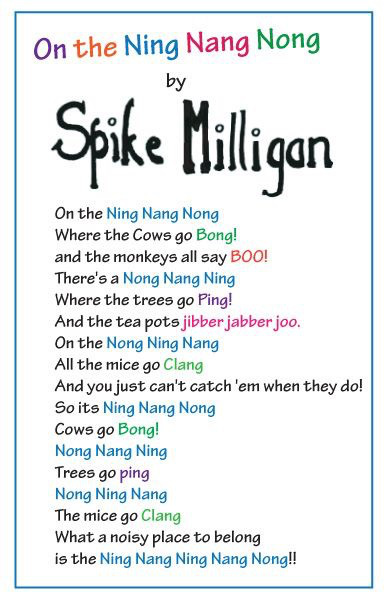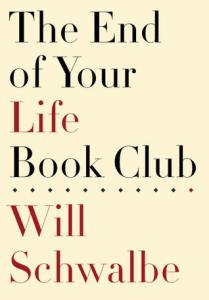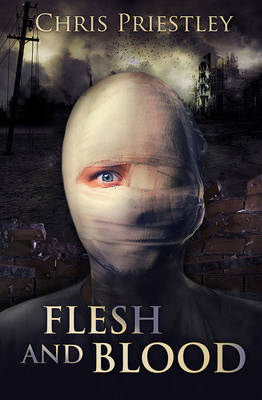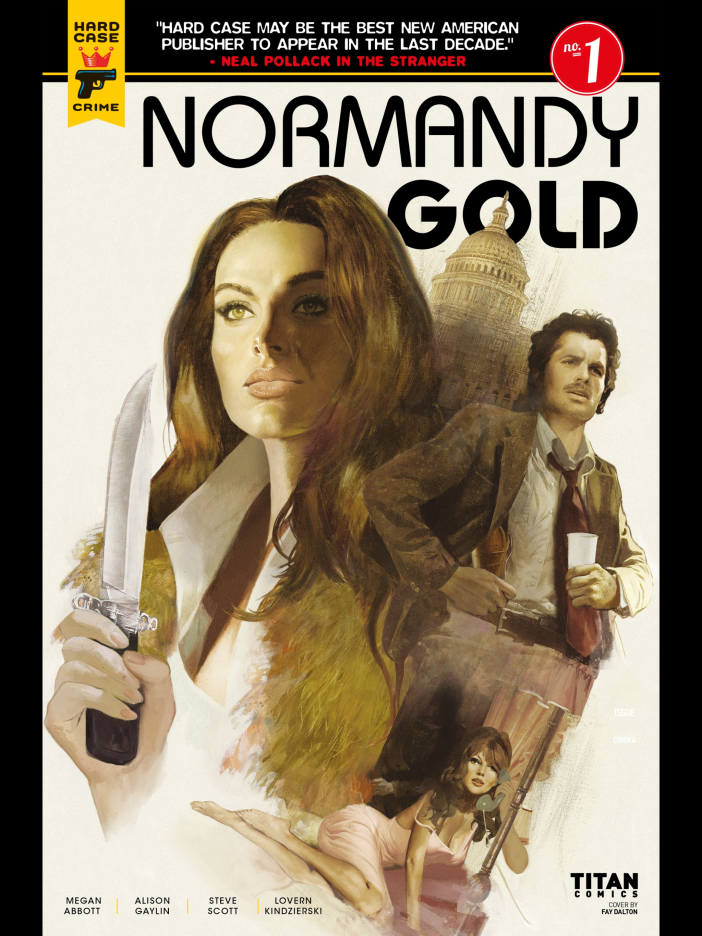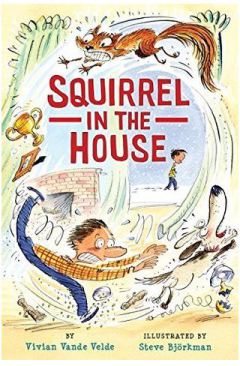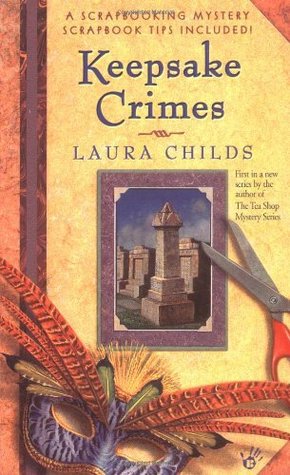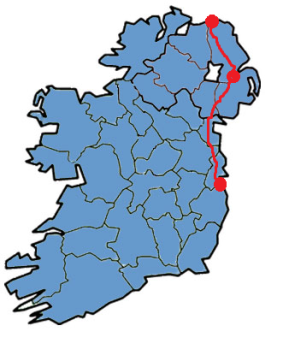Words and the way in which we work them; the way we wangle out a sentence with syntax and semantics, is something so beautiful it beggars belief.
Now there, in the opening gambit to this article about the wonder of words, you may have noticed that I have used… yes! Some words!
Within these words, there are three strains of alliteration: ‘w’, ‘s’, and ‘b’. A semicolon is used (perhaps somewhat arrogantly) as a means of writing the first few words for a second time, because they were so good that they needed to be written twice. You may also note the use of vocabulary: “wangle” for instance, was used because it sounds like ‘dangle’, and dangle somehow has connotations of a willy, and ‘willy’ words are funny. And additionally, you may have picked up on the use of technical literary words such as “syntax” and “semantics”: these are used purely to demonstrate how clever I am.
So here it is clear (rhyme) that within a mere 27 words, there is a plethora of functions and aspects of interest.
Words, it may be said, are our greatest tool for communication, and communication is our greatest tool for civilisation. But words are also intrinsic to a life with a little more joy in it; words are the great entertainer. And I am not talking only about the hifalutin words of Shaky Bill (Shakespeare) or Willy Wordsworth.
Take the dialogue from Quentin Tarantino’s ‘Pulp Fiction’ for example: it is a masterfully captionable comic book word-bubble script, full to the brim with ‘motherfuckers’, ‘awkward silences’, and a monologue about a grandson’s heirloom – a watch – being hidden up the arses of multiple prisoners of war so the watch could be brought back to the grandson. From top to bottom (pun intended) it is poetry.

The formulation of words does not have to be ‘beautiful’ to be beautiful!
In Patrick McCabe’s The Butcher Boy, the entire story is narrated by a forty-something-year-old, mentally ill man, stuck in the mind of his adolescent self, who also has terrible grammar. The ‘beauty’ in those words is the difficulty in understanding them, with the additional bonus of knowing that every word of it could be a delusion.
Words do not have to be constructed ‘correctly’ to be correct!
Similarly, in George Bernard Shaw’s play, Major Barbara, the dialogue of the character Bill Walker is written phonetically in illiterate ultra-cockney: the beauty in these words is the challenge of trying to figure out what the frig he is saying!
Words do not have to be spoken by the ‘baked bean’ (queen) to be put a smile on your ‘boat race’ (face)!
In his nonsense poem ‘On the Ning Nong Nang’, Spike Milligan uses made-up words to describe what the various animals in the poem do or say, and this poem was voted as the best comedy poem in Britain. Thus, words don’t have to even be recognisable words to make an impact on the world.
Words are perfect in their imperfection, they are brilliant in their grubbiness, they are wise in their stupidity, and they are glorious in their defeat. And none of the words I just wrote need to make any sense, because there are no rules to this shit!
Adieu, shirrah!
